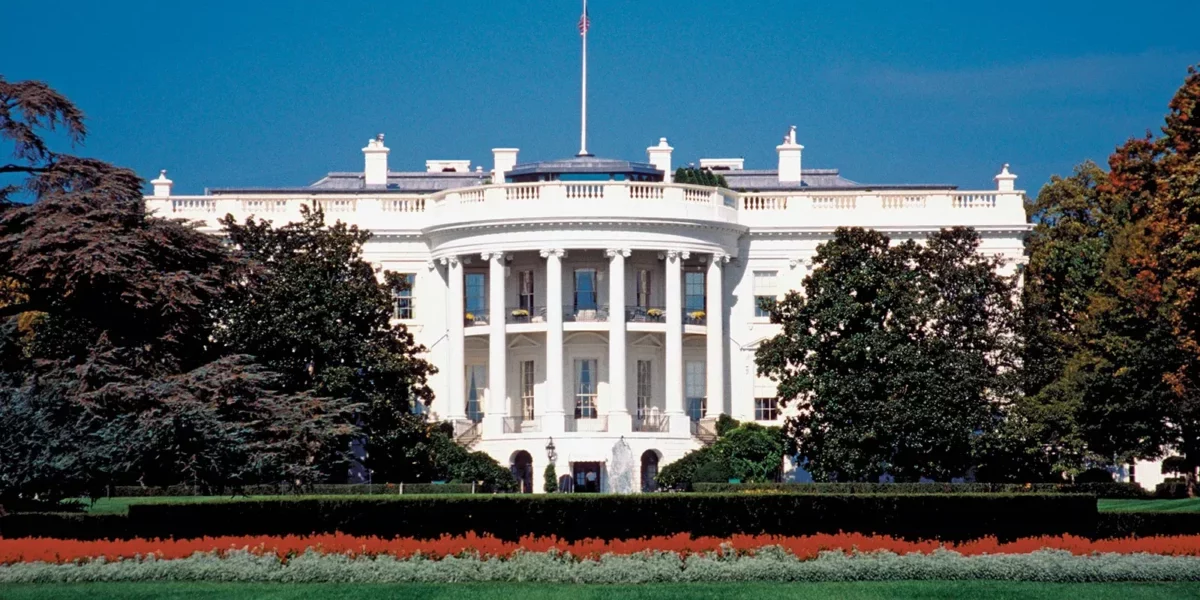The White House is reportedly considering the implementation of a new policy that would require cloud computing companies to disclose certain information about their customers to the U.S. government.
The provision is part of an upcoming executive order on artificial intelligence (AI), aiming to enhance national security and identify potential AI threats originating from foreign entities, Semafor reported on Friday, September 22, 2023, citing unnamed sources. The order has not been finalized, and the specifics could change before its implementation.

The proposed policy would direct the U.S. Department of Commerce to establish rules mandating cloud providers such as Microsoft, Google and Amazon to report when a customer exceeds a specific threshold in purchasing computing resources, according to the report.
The concept behind the initiative draws parallels with existing know your customer (KYC) policies in the banking sector, which are designed to prevent money laundering and other illicit activities, the report said. The proposed rules for cloud computing firms seek to create a system that enables the U.S. government to proactively identify potential AI threats, particularly those originating from foreign countries.
The envisioned reporting requirement would serve as an early warning mechanism for American authorities, per the report. By identifying activities in advance, the government aims to enhance its strategic understanding of adversarial development in AI models.
If finalized, the policy proposal would signify a step toward treating computing power, the technical capacity required for AI systems to perform tasks, as a national resource, according to the report.
Implementing a KYC mechanism for cloud computing firms would align with the advocacy of organizations such as OpenAI and the RAND Corporation think tank; however, fears loom that the policy could potentially transform into a surveillance program.





